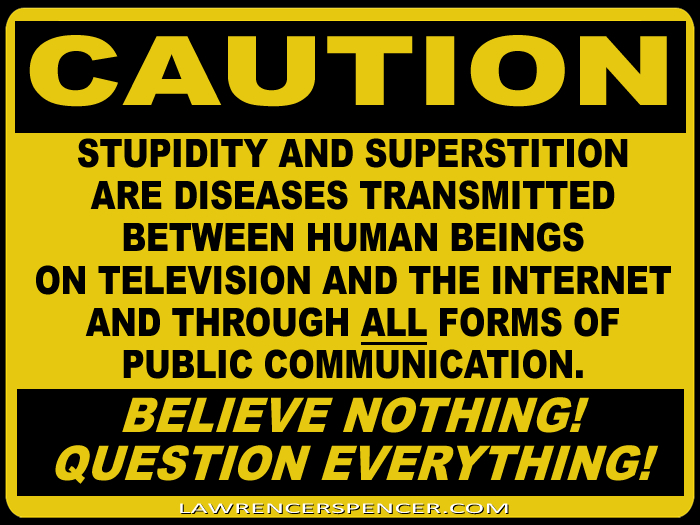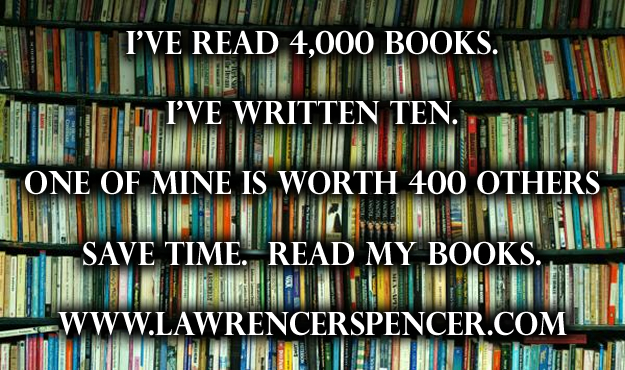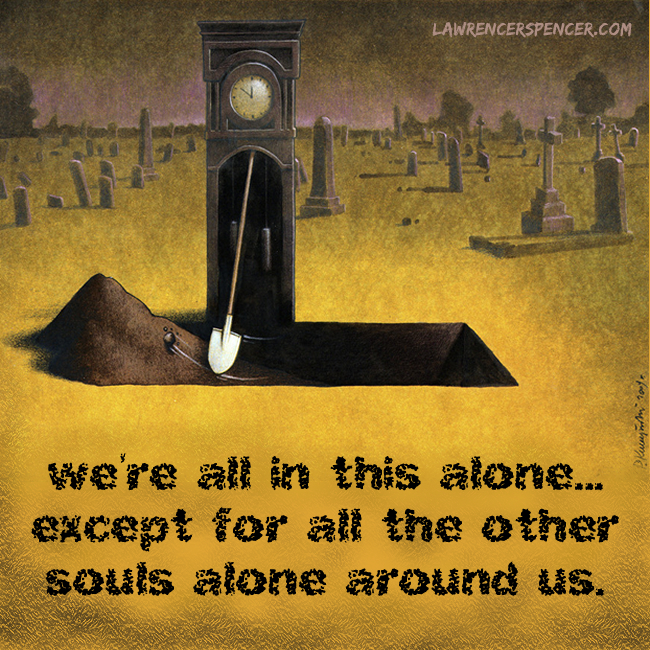Republished by Blog Post Promoter
Tag Archives: communication
QUANTITY OR QUALITY?
Republished by Blog Post Promoter
I’m not a very fast reader, but I’m a very thorough reader. As a writer of books I learned to hard way that it is vitally important to use the exact word, in the correct context, you intend your reader to understand.
Therefore, I take care to understand each word I’m reading. What’s the point of reading if you don’t understand — or misunderstand — what you’ve read?
When was the last time you used a dictionary? If you don’t know the meaning of each word in the sentence, you won’t understand the sentence. Simple.
Reading is a form of communication. Our environment is saturated with verbal, visual, musical and printed communication. Too much communication prevents communication. We can’t process all of it, so we begin to ignore it, reject it and treat it all the same. When that happens we loose are ability to differential, which is our ability to reason and make rational judgements.
A good rule of thumb about reading is this “QUALITY IS MORE IMPORTANT THAN QUANTITY“.
The “Dumbing Down of America” (and the world) is happening because we are reading more quantity, but the quality is dwindling grammatically. The content of Twitter, television, films and popular media is diminishing our ability to evaluate the relative value and validity of information. Are minds are literally being drowned in drivel! The Draconian education policy of “No Child Left Behind” is designed to drag everyone down to a level of dim-witted incompetence.
Don’t fall for this bullshit. Understand what you read.
Here is a great tool to measure your reading speed and comprehension:
STUPIDITY SIGN
Republished by Blog Post Promoter
HOW MANY BOOKS HAVE YOU READ?
Republished by Blog Post Promoter
In human experience, written symbols (letters, numbers, musical signs, etc. ) are physical representations of an idea or thought. Symbols organized into sentences, songs, compositions, formula, articles or books convey many complex ideas. These symbols enable communication between people in the physical universe. Although there a many forms of non-physical communication which we refer to as “emotion” or “telepathy” or “empathy” or “intuition” or “knowing”, the common denominators of human experience or culture is often expressed in books. When these have been read, understood and compared to other thoughts, we can assume points of view of the various universes we inhabit. When we agree on a our perception of these universes, we call this “reality”.
Which books have helped to shape your reality? How many books have your read in your life, so far? How many more books are on your “must read” list? According to Google, that is busily scanning every book they can get their digitizing hands on, there are about 130 million book titles in the world. There are more than 2 million NEW book titles published every year (in all languages) . There are approximately 8 billion people in the world. That is more than 65 book titles per every person in the world. So, theoretically every person needs to read a minimum of 65 books to reach an “average” level of literacy. Of course this does not include the avalanche of words available to read that have not been organized into an actual book title, like Twitter and Facebook posting, newspaper and magazine articles and other “non-literature” such as scientific papers, and school textbooks and other propaganda published by governments and corporations.
The largest bookseller on-line is Amazon.com, which has an inventory of only about 1,750,000 titles in English. That’s only 13 percent of all the book titles in the world! This a critically small number of books available to read. How can one possibly consider themselves to be a literate person? This does not even include the fact that the majority of books written in the ancient world (prior to 400 AD) were burned by the Christian church! If you read one book every week 50 for years you would have read only 2,600 books! According to Google, the average book is 300 pages. That’s about 75,000 words per book.
As a writer, I am also a reader. I have often read several books each week during the 50+ years of my reading life, as well as a lot of printed material, etc.. All together I estimate I’ve read about 4,000 books, so far. That’s a lot of words — not including the millions of words on the internet — that are not in the form of a book. Fortunately, there are more than 100,000 book titles available as spoken books — narrated for you by professional actors — on Audible.com, Librivox.com and sites on the internet. Now, I can “read” a book with my ears, instead of my eyes, a fact that I appreciate more and more as I grow older. I can “read” while I’m walking, driving, jogging, cooking, cleaning, waiting and doing a lot of things that would prevent me from reading with my eyes. It’s a wonderful age we live in!
So, how do we select the most cherished, life-giving, knowledge-quenching word droplets from the ocean of words? Having read more than my share of books I can say without any doubt that reading a lot of books does not make a person “smart”, or “wise”, or “literate”. However, for me, reading books is usually a more gratifying experience, mentally and spiritually, than watching television or movies or videos. Books are usually more thoroughly researched, planned, crafted, edited and perfected than other forms of communication.
In this electronic age, when more books are available to us — thanks to digital technology — than during all of the history of humankind combined, can we expect that humanity would be more well informed and intelligent that ever before? Books themselves are not wisdom. If books are not read by people, the knowledge contained in them remains hidden. They might has well not have been written.
My personal recommendation for your reading or listening book list are the books I’ve written, of course. My view of “reality” is different than most. My universe is unique, as is yours. I invite you to share my universe, through my books.
— This blatant self-endorsement is brought to you by Lawrence R. Spencer —
ALONE TOGETHER
Republished by Blog Post Promoter
Do you feel as though you are completely alone? Do you ever feel as though there is not one other person who really cares who you are, or what you think? It is possible to honestly and opening share your deepest thoughts, dreams or emotions with anyone? Do we really understand our OWN thoughts, dreams and emotions? If not, how can we honestly say that we can understand those of another being?
On Earth it seems that communication using language symbols with other beings actually prevents complete understanding! Our social facades, sexual-biological programing and cultural customs may temporarily soften the reality that we are, and have always been alone. As much as we may desire admiration from others, or feel admiration for others, we are the only person who really knows and understands the depth and breath of our inner, immortal self — if this is even possible at all.
Sharing life, love, understanding, hope, dreams and illusions with other beings — and losing them — awakens the soul-crushing brutality that we are, in fact, alone. There is no greater pain that any being can suffer than this awareness. Yet, this seems to be the fact of existence as we know it on Earth for the vast majority of beings.
When we die and have no body we literally disappear from physical universe reality. People may have memories of us, but these fade and die each each person fades and passes from “reality”. Religious propaganda tells us that “you are loved”. But, are you really loved by another person, and an unseen spirit? Do you even “love” yourself? Your relationship with yourself — yourself alone — is a subjective experience that cannot be shared with anyone. If we want to be “loved”, we must do it ourselves. Love is an experience that is self-created. However, when we’re dead we can “rest” assured that everyone else is alone with us, or without us. The pain we all endure alone is the reality we share together. ~ Lawrence R. Spencer, 2015.






